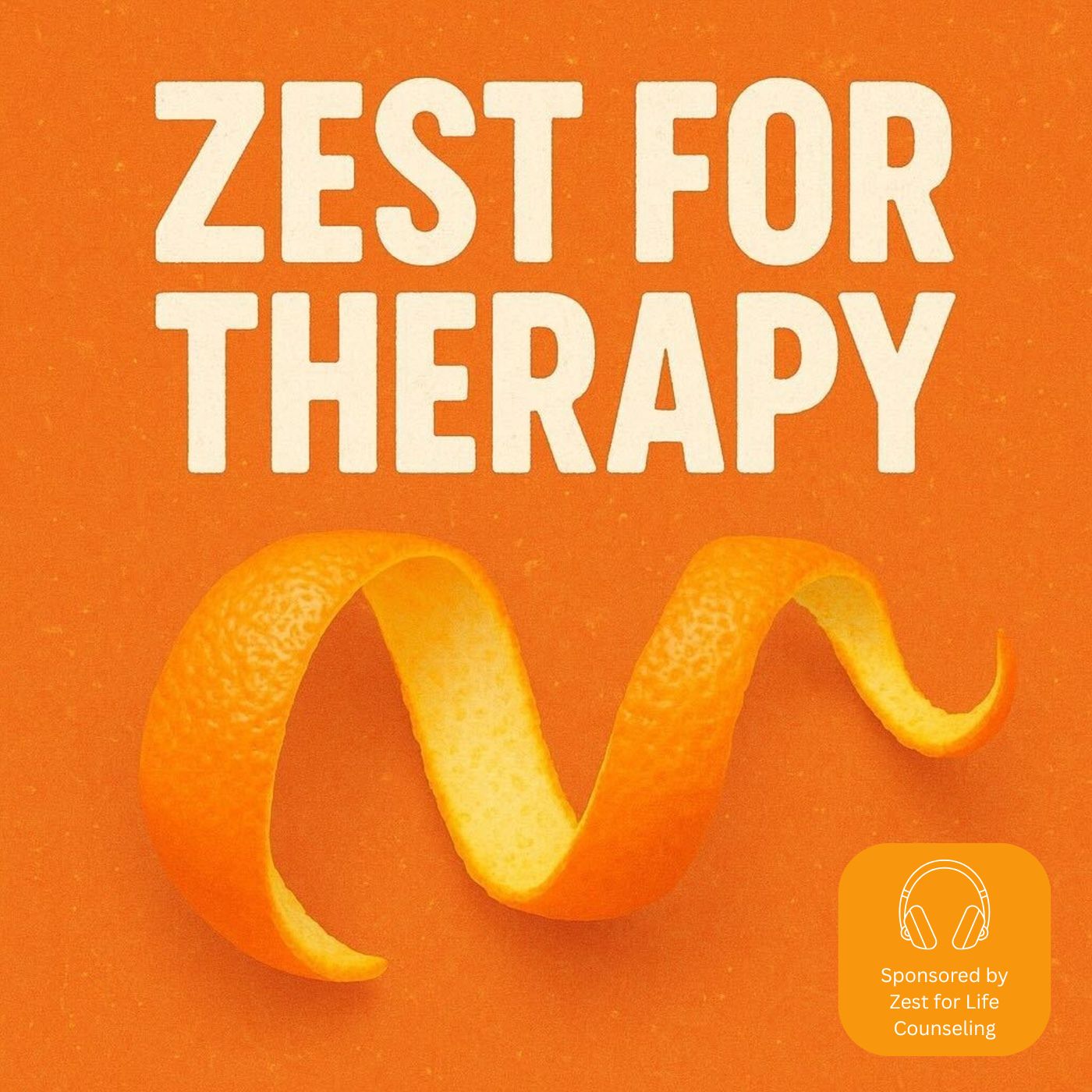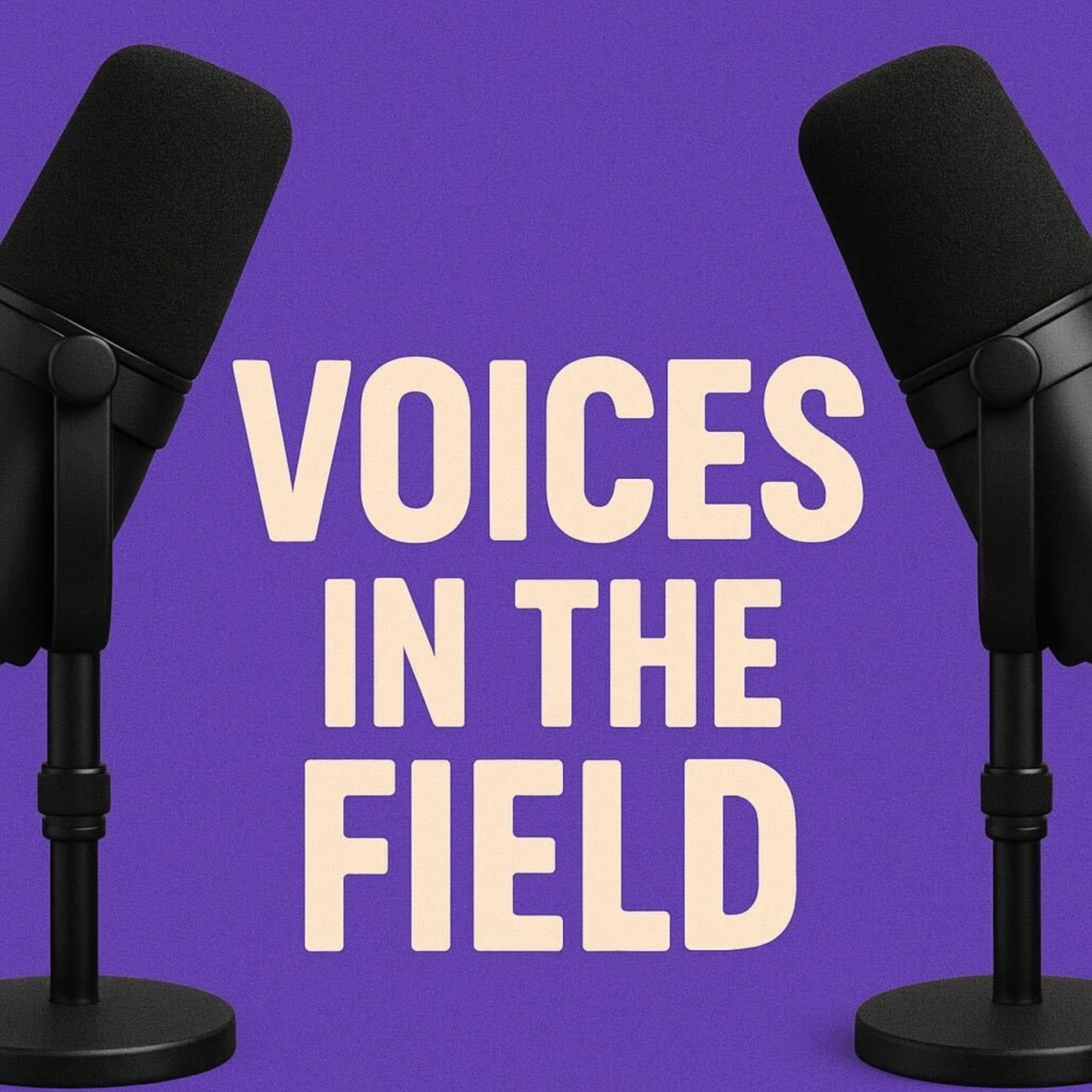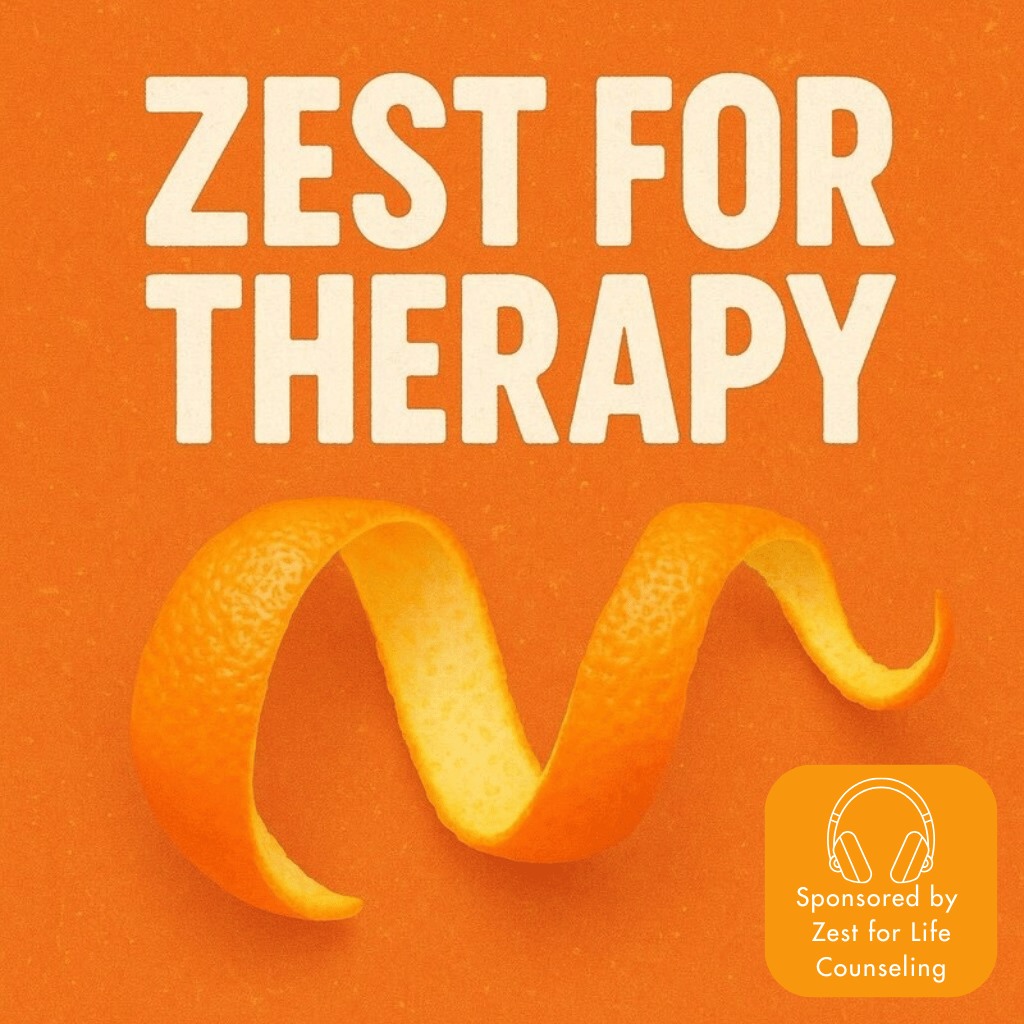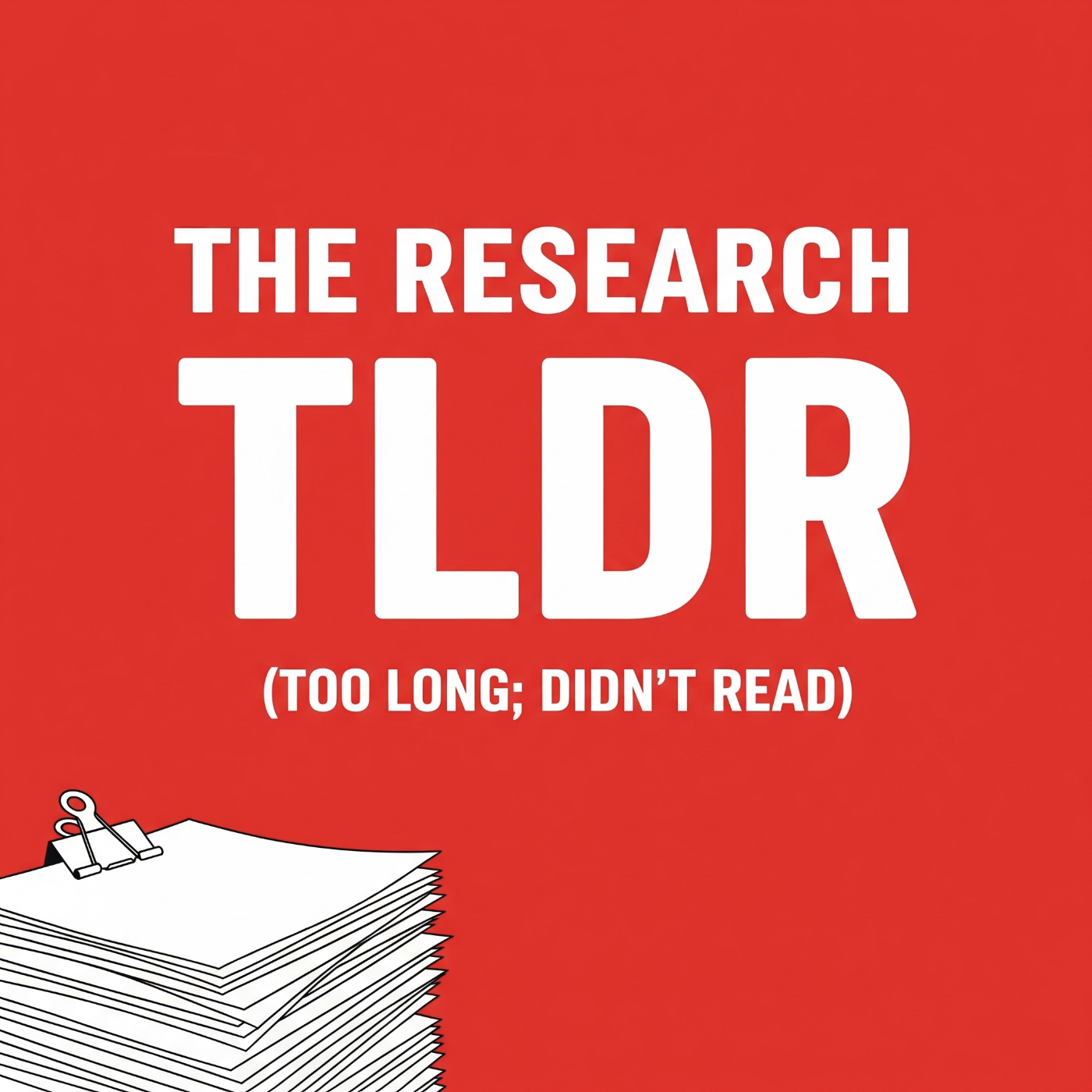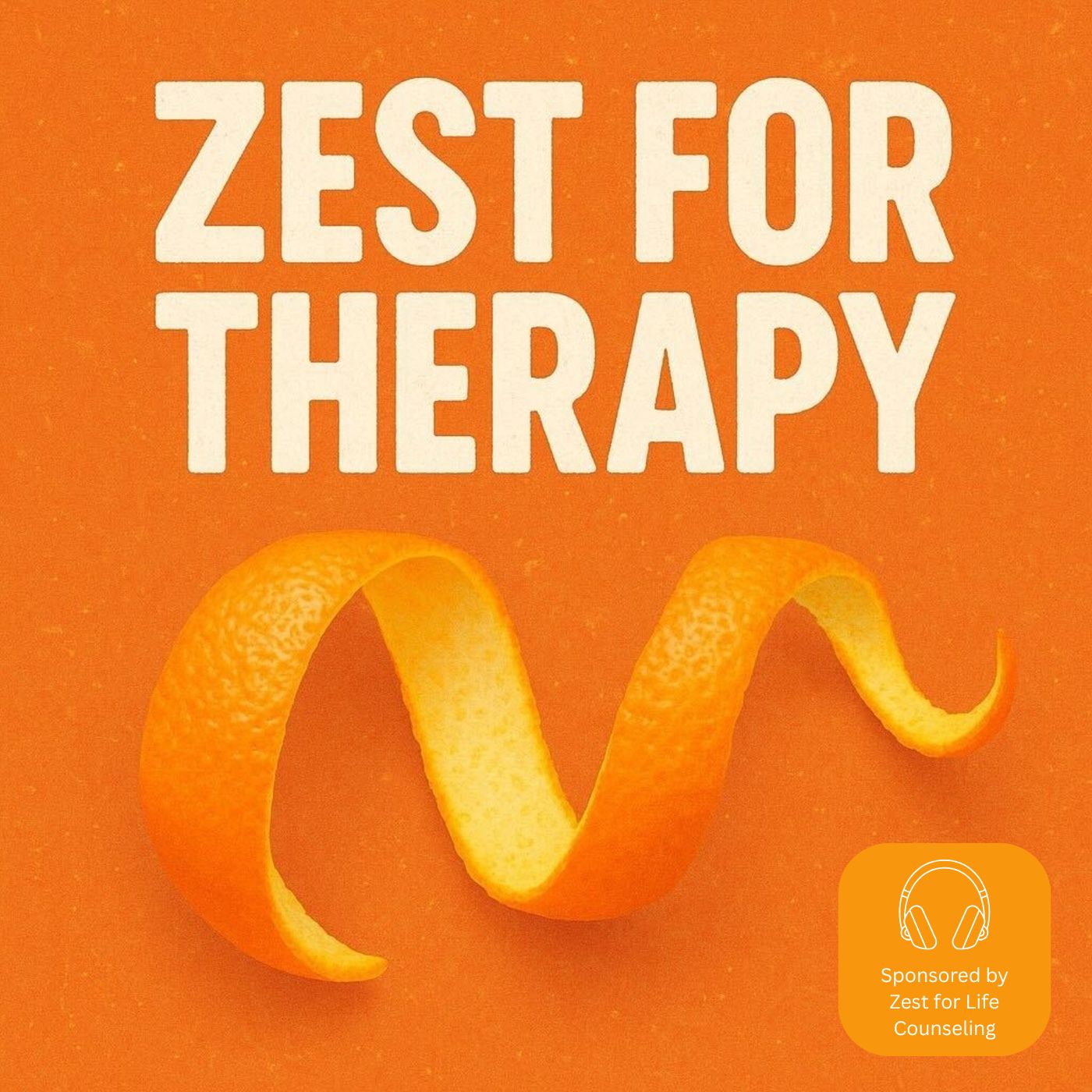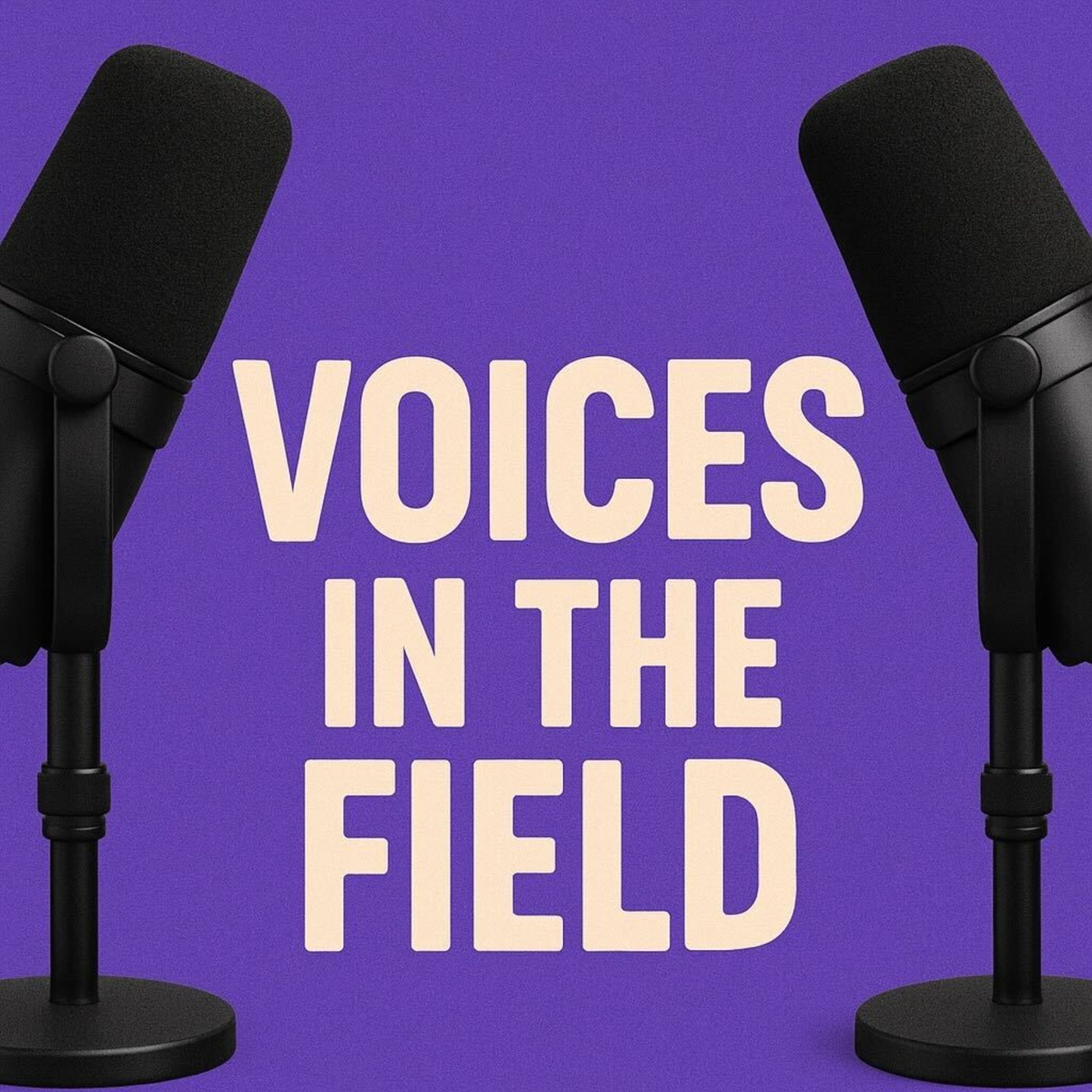Episode Transcript
[00:00:00] Foreign Podcast I am flying solo today. I am your host Courtney Dohmen, associate Marriage and Family Therapy here with a bonus episode of the podcast. Our topic again today is burnout and this time it's a verbal check in.
[00:00:23] Just as a disclaimer. While we are therapists, we are not your therapists. This podcast is intended for information and entertainment purposes only. It does not constitute therapy, clinical supervision, or medical advice. Opinions expressed are our own and subject to change as research evolves. We do our best, but we're human and that means we may make mistakes after we wrapped our episode on burnout, I just kept thinking how nice it would be to have someone to walk me through my check ins or to like just listen to music on the way to work. And I'm like, it would be so nice to just put on the check ins and have somebody ask me the questions. So by the time I get to work for supervision, I already know where I'm at for the day or for the week. So that's what we're doing today. We are going to be using some assessments specifically for mental health professionals and one from aviation that can also be applied to helping professions.
[00:01:16] So let's get started.
[00:01:18] Our one question check in is on a scale of 1 to 5 overall, based on your definition of burnout, how would you rate your level of burnout?
[00:01:30] 1. I enjoy my work, no symptoms of burnout.
[00:01:34] 2. Occasionally I'm under stress. I don't always have as much energy as I once did, but I don't feel burned out. 3. I am definitely burning out and have one or more symptoms of burnout such as physical or emotional exhaustion.
[00:01:48] 4. The symptoms of burnout that I'm experiencing won't go away and I think about frustration at work a lot.
[00:01:55] 5. I feel completely burned out and often wonder if I can go on. I'm at the point where I may need some changes or may need to seek some sort of help. Again, that question is overall based on your definition of burnout, how would you rate your level of burnout?
[00:02:11] If you got two or less, you are not experiencing burnout symptoms. If you got three or more, you experiencing at least one symptom of burnout. The higher the number, the higher the burnout. Next is our Professional Fulfillment Index, the burnout subscale. All responses to these questions will be 0 to 4. 0 is not at all, 1 is very little, 2 is moderately, 3 is a lot, and 4 is extremely. You will add these numbers up at the end so make sure to keep track of your totals during the past two weeks I have felt a sense of dread when I think about the work I have to do. Not at all. 0 Very little 1 Moderately 2 A lot 3 Extremely 4 During the past two weeks I have felt physically exhausted at work. Not at all. 0 Very little 1 Moderately 2 A lot 3 Extremely 4 During the past two weeks I have felt lacking in enthusiasm at work.
[00:03:16] 1234 during the past two weeks, I have felt emotionally exhausted at work.
[00:03:23] 0, 1, 2, 3 or 4 During the past two weeks my job has contributed to me feeling less empathetic with my patients or clients.
[00:03:35] Not at all. 0 very little 1 very little moderately 2 a lot 3 extremely 4 during the past two weeks my job has contributed to me feeling less empathetic with my colleagues.
[00:03:49] 0, 1, 2, 3 or 4 During the past two weeks my job has contributed to me feeling less sensitive to others emotions and feelings.
[00:03:58] 01234 during the past two weeks my job has contributed to me feeling less interested in talking with my patients.
[00:04:09] During the past two weeks my job has contributed to me feeling less connected with my patients and during the past two weeks my job has contributed to me feeling less connected with my colleagues.
[00:04:22] So add up your scores and again those are on a zero to four.
[00:04:27] I want you to add up your score and divide it by 10.
[00:04:30] Score is higher than 1.3 indicate burnout with higher numbers indicating higher levels of burnout and we're noticing some of those symptoms there feeling dread, exhaustion, physical or emotional and also there's kind of that impact on the empathy.
[00:04:50] Next is the Mindful Self Care scale and we won't be going into each item individually but for a brief check in. Rank yourself on a scale of 1 to 5 for the following categories of self care over the last seven days.
[00:05:07] One is never or zero days out of the last week, two is rarely or one day out of the last week, three is sometimes two to three days, four is often four to five days and five is regularly six to seven days of the week.
[00:05:27] The first category is rank yourself on a scale of 1 to 5 for mindful relaxation this week, including seeking out things to help you relax like art or film, candles, senses, music, podcasts, playing an instrument. Rank yourself on that 1 to 5 never, rarely, sometimes often, regularly. Next is physical care including eating nutritious food, exercising 30 to 60 minutes day including yoga, playing sport.
[00:06:03] Rank yourself on that one to five for the past week. The next is self, compassion and purpose, including kindly acknowledging challenges, supportive self talk, giving yourself permission to feel feelings and meaningful experiences.
[00:06:20] The next Is supportive relationships, including spending time with people who are good to you, that you feel supported. You have somebody that could listen to you if you were upset. Next is supportive structure. Did you maintain a manageable schedule, a good work life balance, keeping your work or school areas organized? Rank yourself on that one to five.
[00:06:44] The last is mindful awareness, a calm awareness of your thoughts, feelings or body.
[00:06:51] And on that one to five of never or no days this week, two, rarely one day this week three, sometimes two to three days this week four, often four to five days this week and five regularly six to seven days.
[00:07:09] I want you to recognize what category or categories you're doing really well at. Were there any categories that you are at a three, four or five categories that you feel like you do fairly well in? Maybe just giving yourself the chance to recognize that there probably are categories that you're doing better in that you're implementing or doing. And I want you to focus on just one area that you want to focus on this week to improve or help prevent future burnout.
[00:07:41] With that question of how do you mindfully acknowledge that this is difficult and select one that you think will have the biggest impact on you? Maybe one of the categories that you said no one for never, no days or two rarely or one day a week. And lastly, for a fun, different look at burnout, I have some people in my life who fly or pilots, and they shared the I'm Safe Aviation checklist with me when I was talking about burnout with them one day. And I think it can be a helpful guardrail for therapists too. And in aviation, if you fail one of these questions, you don't fly. It's that strict.
[00:08:26] And that in that way it keeps you safe, it keeps other people safe. Just because these things can really impact your ability to be aware, be present, be on top of things.
[00:08:37] And I think if these things are to a high degree for you, it may be helpful to consider if you're in the right frame of mind to do therapy. Like we were saying, kind of like a guardrail type of checklist? Aviation I'm safe stands for I illness. Are you sick?
[00:08:56] Are you so sick that you really should take the day off? M is medication. Are you on any medications where you shouldn't be operating an airplane? Obviously, if we're doing therapy, we're not operating an airplane. But are you on new medication that you can't think, you can't function?
[00:09:16] S is stress. Is your stress so high that it's significantly impacting your ability to do therapy?
[00:09:24] A Is alcohol Are you under the influence or significantly hungover?
[00:09:30] I would include other substances in that as well.
[00:09:34] Fatigue, Are you too tired? Did you pull an all nighter? Have you gotten just a handful of hours of sleep for the last several nights in a row? An E is external factors, like getting fired from a job, getting divorced, having a big event happen.
[00:09:55] Those can also be really good reasons why you may not want to be operating an airplane if something significant has happened.
[00:10:03] And obviously, as therapists, things are going to happen in your life. But I think it's important to realize, are these impacting you?
[00:10:12] Is this to a level where this really isn't benefiting your clients? This really isn't benefiting you? Or maybe you really need to take a day off. So again, I'm safe? Is I for illness, M for medication, S for stress, A for alcohol, F for fatigue, and E for external factors?
[00:10:32] Those were all of our assessments and check ins. Thank you for joining us. Hopefully you learned a little bit more about where you're at and can take one compassionate step forward to decreasing and overcoming your potential burnout. Thank you. We'll see you on the next episode.
